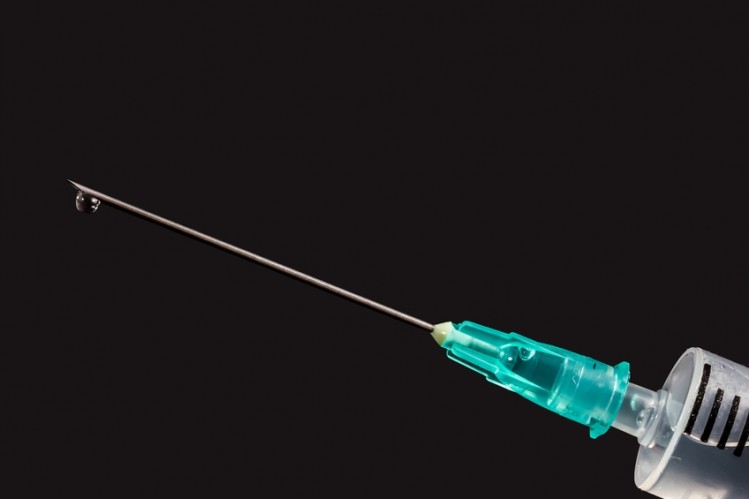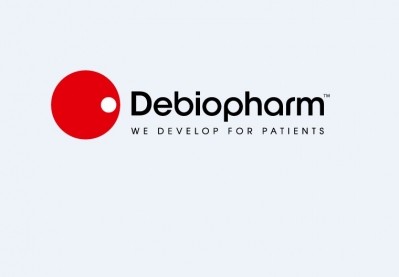4D Pharma and Merck collaborate on microbiome-based vaccine development

The deal looks to pair 4D’s MicroRx platform with MSD’s vaccine expertise develop Live Biotherapeutics (LBPs) as vaccines.
“This research collaboration agreement brings together 4D’s innovation in the microbiome space and MSD’s track record of developing cutting-edge vaccines,” says Duncan Peyton, 4D’s chief executive officer.
“MSD and 4D have worked closely combining world leading science to develop a workplan to advance the understanding of this field, with the aim of generating a new class of vaccines in areas of high unmet need.”
Under the agreement’s financial terms, 4D are entitled to an upfront cash payment, for each indication with the UK firm eligible to receive up to €312m in development and regulatory milestone payments.
4D Pharma will also qualify for tiered royalties on annual net sales of any licensed products derived from the collaboration.
Meanwhile, MSD’s responsibilities include product development, manufacturing and commercialisation following the exercise of any of its exclusive options.
Modulating immune response
“A key element of our focus in the Exploratory Science Center is the evaluation of emerging new areas of biology that have the potential to offer major beneficial impact to human health,” says Daria Hazuda, chief scientific officer of MSD’s Exploratory Science Center
“By applying 4D’s MicroRx technology we hope to gain meaningful insights into the role for the host microbiome in modulating the immune response and ultimately protection conferred by vaccines.”
The firm’s MicroRx platform specifically selects those bacteria that have a therapeutic effect in certain diseases.
MicroRx interrogates the firm’s library of bacterial isolates for therapeutic functionality by first identifying strains which have significant effects on the host;
It also targets those diseases which are driven by pathways which match the host-response profile of the strain.
4D Pharma say that traditional pharmaceutical drug discovery involves multiple rounds of hit and lead optimisation to identify a clinical candidate – a process which can take many years.
“As we do not need to optimise our live biotherapeutics from either a safety or an efficacy perspective, we can enter clinical development in as little as 24 months from the initiation of the programme.”
Human asthma trials
In July this year, 4D pharma began human trials looking into how effective a microbiota-derived bacterial strain was in managing severe asthma.
The multicentre Phase I/II double-blind, placebo-controlled study is one of the first clinical studies of a live biotherapeutic in patients with poorly controlled asthma. Results are expected in 2020.
At the centre is the candidate MRx-4DP0004, a Bifidobacterium breve strain that Alex Stevenson, 4D’s chief scientific officer, identified as a “next generation therapy in asthma management”.
Last year, French-based biotech start-up Nextbiotix successfully raised €7m in a Series A financing round, to develop microbiome-based approaches that address inflammatory bowel disease (IBD).
The Dijon-based firm used Faecalibacterium prausnitzii as a starting point for regulating the immune system, with possibilities to address a number of inflammatory bowel conditions.
LNC Therapeutics, which together with Cornel University, are looking into the health benefits linked to the Christensenella strain.
The commensal bacteria is linked to lean mass, while its absence has been linked to higher BMI, pre-diabetes, and an increase in many metabolic disease markers in human cohorts.















